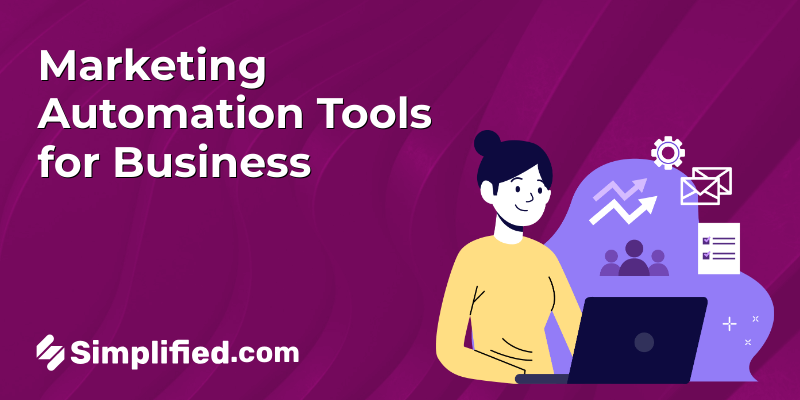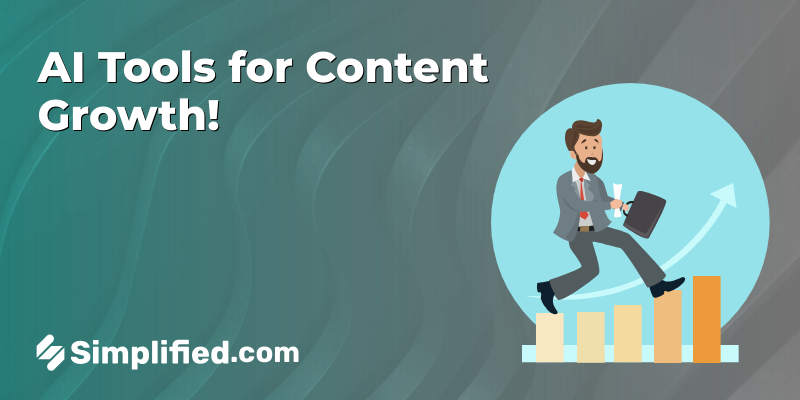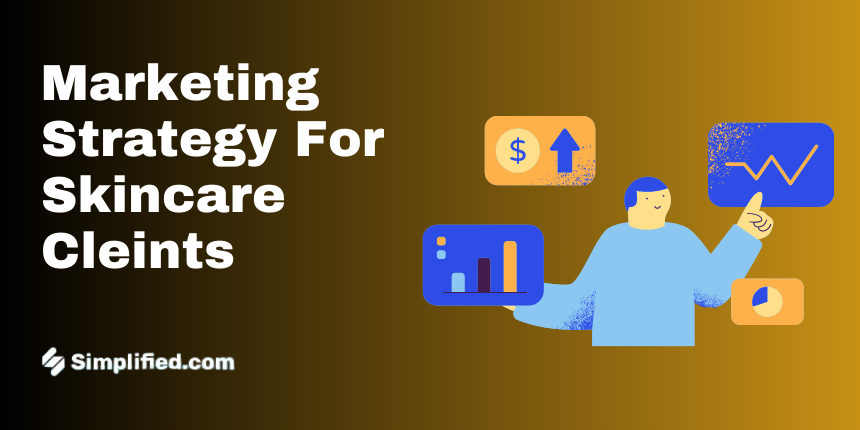
In the competitive world of digital marketing, scaling a successful agency is a formidable challenge. At oLIVE Media, they have embarked on an exciting journey of growth and expansion. As a dynamically developing marketing agency, they have encountered numerous challenges that require innovative strategies to maintain the high quality of services your clients have come to expect.
This blog delves into the firsthand experiences of your journey, highlighting the challenges faced and the innovative strategies employed to manage growth effectively. From human resource management to maintaining consistency and leveraging technology, discover how marketing agencies balances expansion with unwavering quality, ensuring sustained success and client satisfaction.
Challenges in scaling a Marketing Agency
Scaling a marketing agency presents numerous challenges, from managing human resources and maintaining service consistency to ensuring effective communication, streamlining project management, and handling urgent client demands.
These hurdles require innovative strategies and robust frameworks to sustain growth while delivering exceptional quality and value to clients. Let’s check out these challenges in detail.
1. Human resource management
One of the foremost challenges for marketing agencies is managing human resources effectively. As the agency grows, it becomes increasingly important to ensure that new hires possess the right competencies and fit well with the organizational culture. The recruitment process must be meticulously planned to maintain the high standards of the services you offer.
Hiring the right talent is crucial. The process includes detailed job descriptions, thorough interviews, and comprehensive onboarding. You should seek individuals with the required skills and alignment with the values and work ethics, essential for cohesive team dynamics and high-quality service delivery.
2. Maintaining consistency
As the agency expands, you form new teams to handle the growing workload. However, this diversification brings about the challenge of maintaining consistency in the services. To preserve the marketing agency’s unified identity and reputation, certain standards must be met across all teams.
You can use various tools for project management, inter-team communication, and data analysis to help manage the teams effectively. Implementing standardized processes and guidelines ensures that all teams adhere to the same high standards. Regular quality checks and fostering a culture of continuous improvement help you maintain consistency while allowing for the unique strengths of each team.
3. Open and clear communication
With an increasing number of employees, maintaining open and effective internal communication is key to avoiding misunderstandings and mistakes. Managing internal communication effectively ensures that all team members are aligned on goals and expectations, reducing the risk of misunderstandings and enhancing overall collaboration.”
Regular meetings, project updates, and collaborative platforms enhance communication. You can discuss ongoing projects, share updates, and address concerns in the team meetings. Clear client communication on expectations, progress, and results builds trust and fosters long-term relationships, vital for the sustainable growth.
4. Project management
As the team grows from a small group of 3 to a dynamic team of 30 people, managing projects becomes more complex. Initially, the leaders have direct control over every aspect of quality. Now, you can place greater emphasis on team education and the implementation of control mechanisms, while trusting the employees to manage their tasks effectively.
You can develop a robust task management frameworks and delegated responsibilities to ensure that quality remains consistent. Regular reviews, feedback sessions, and continuous training help you maintain high standards. Balancing control and autonomy is key to successful project management as you continue to expand.
5. Recruiting Generation Z employees
Generation Z, the latest cohort entering the workforce, brings distinct values and habits. Marketing agencies recognize the importance of integrating Generation Z into their teams. They are digital natives, adept at using new tools like TikTok, and bring fresh perspectives that are invaluable in the ever-evolving marketing landscape.
To attract and retain Gen Z employees, you can adapt your work environment and management practices. Offering flexible working conditions, leveraging digital marketing tools, and providing opportunities for growth and learning appeal to this generation. Embracing their unique perspectives enhances your creativity and adaptability, keeping you at the forefront of the industry.
6. Handling urgent client requests (ASAPs)
Clients often need urgent project completions, which can be challenging when the team is already engaged in other projects. Balancing urgent tasks with maintaining quality requires effective planning and team flexibility.
Handle urgent requests with dedicated rapid response teams, streamlined workflows, and clear client communication on timelines and expectations. This ensures high standards are maintained while meeting urgent demands.
Strategies for maintaining quality during growth
Implementing effective strategies is essential for maintaining quality as your marketing agency grows. This includes fostering a strong organizational culture, investing in continuous improvement, focusing on the client needs, leveraging technology for efficiency, and establishing robust quality control mechanisms to ensure consistent, high-quality service delivery.
1. Building a strong organizational culture
A robust organizational culture based on shared values and goals is a cornerstone of maintaining quality during your expansion. Once you start, you foster a sense of belonging and purpose among the employees, driving engagement and motivation.
The leaders play a pivotal role in shaping and nurturing your organizational culture. Leading by example and embodying your values, they inspire employees to uphold these standards in their work. Regularly communicating your vision and values, celebrating achievements and fostering a collaborative environment strengthens your culture.
2. Continuous improvement through training and development
Investing in the continuous improvement of your teams is vital for maintaining service quality. You can regularly organize training sessions, workshops, and expert consultations to enhance your employees’ skills and knowledge.
Provide training in budgeting, project management, and current marketing trends to keep your team competitive. The culture of learning and development motivates and engages employees, while opportunities for advancement and recognition reinforce their commitment to delivering high-quality services.
3. Focus on client needs and expectations
At the core of your success is a deep understanding of client needs and expectations. Regularly gathering feedback and adapting your services to meet these requirements is essential. This client-centric approach not only enhances satisfaction but also builds loyalty and long-term relationships.
You can establish a feedback loop where clients can share their experiences and suggestions. Using this feedback to refine your processes and services demonstrates your commitment to client satisfaction and continuous improvement. By focusing on your clients, you can ensure that you consistently deliver exceptional value.
4. Leveraging technology for efficiency
Incorporating technology into your operations significantly enhances efficiency and quality. You can use the project management tools, data analysis software, and communication platforms to streamline workflows and improve collaboration.
Automating routine tasks allows your employees to focus on more strategic and creative aspects of their work. Additionally, leveraging data analytics helps you make informed decisions, identify trends, and measure performance. This data-driven approach ensures that you can adapt quickly to changes and maintain high standards.
5. Establishing robust quality control mechanisms
Implementing robust quality control mechanisms is essential to ensure consistency and reliability in your service delivery. You can set clear standards, conduct regular audits, and use performance metrics to monitor progress.
Establish a dedicated quality assurance team to maintain these standards across all projects. Encouraging a culture of accountability where employees take ownership of their work quality fosters a proactive approach to maintaining standards. Regular feedback and review sessions help you identify issues early and address them promptly.
6. Embracing flexibility and adaptability
Flexibility and adaptability are crucial traits for any growing agency. Encourage a mindset of continuous improvement and innovation to navigate the challenges of growth effectively.
You can make an agile approach to project management, where teams work in iterative cycles and adapt based on feedback. This approach allows you to handle unexpected challenges without compromising on quality. Embracing flexibility and adaptability ensures that you remain resilient and competitive in the dynamic marketing landscape.
Conclusion
Scaling a marketing agency involves balancing growth with maintaining high service quality through effective human resource management, consistency, clear communication, and robust project management.
Strategies include building a strong culture, continuous improvement, client focus, technology use, and quality control. Embracing flexibility ensures resilience and competitiveness, driving sustainable success and delivering exceptional client value.
FAQ
1. What are the key challenges in scaling a marketing agency?
Scaling a marketing agency involves several key challenges, including managing human resources, maintaining service consistency, ensuring effective communication, streamlining project management, and handling urgent client demands. Each of these areas requires specific strategies and robust frameworks to sustain growth while delivering high-quality services.
2. How can a marketing agency maintain service quality during rapid growth?
Maintaining service quality during rapid growth can be achieved by building a strong organizational culture, investing in continuous training and development, focusing on client needs and expectations, leveraging technology for efficiency, and establishing robust quality control mechanisms. These strategies help ensure consistent, high-quality service delivery.
3. What strategies are effective for managing a growing team in a marketing agency?
Effective strategies for managing a growing team include implementing a thorough recruitment process, fostering open and clear communication, utilizing project management tools, and providing continuous training and development. It’s also important to create a supportive work environment that encourages collaboration and accountability.
4. How can technology be leveraged to scale a marketing agency?
Technology can be leveraged to scale a marketing agency by using project management tools to streamline workflows, data analysis software to make informed decisions, and communication platforms to enhance collaboration. Automation of routine tasks allows employees to focus on strategic and creative aspects of their work, increasing overall efficiency.
5. What are the best practices for handling urgent client requests during the scaling process?
Best practices for handling urgent client requests include having dedicated rapid response teams, implementing streamlined workflows, maintaining clear communication with clients about timelines and expectations, and ensuring flexibility within the team to manage urgent tasks without compromising on quality. This helps maintain high standards while meeting urgent demands.

























